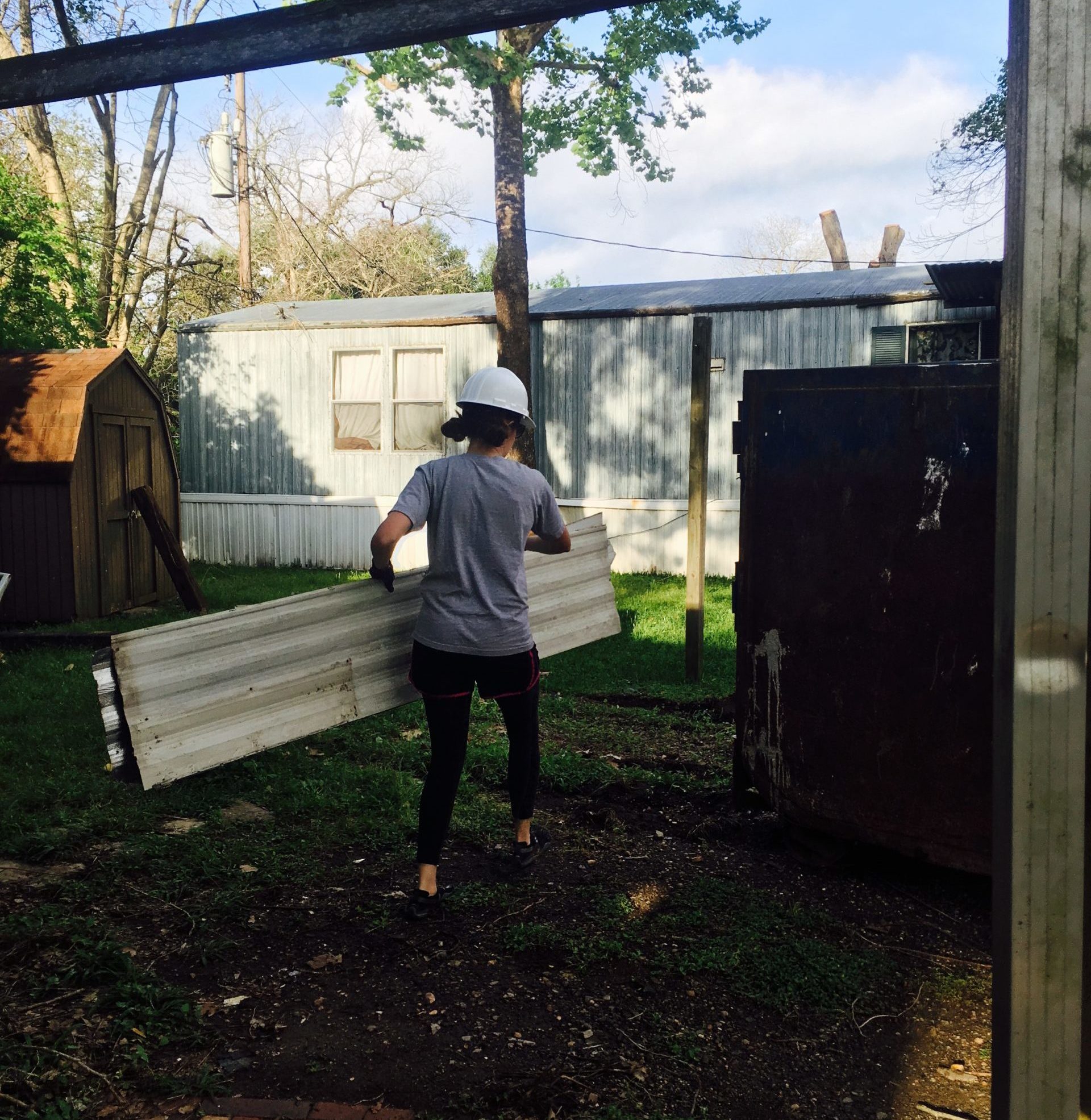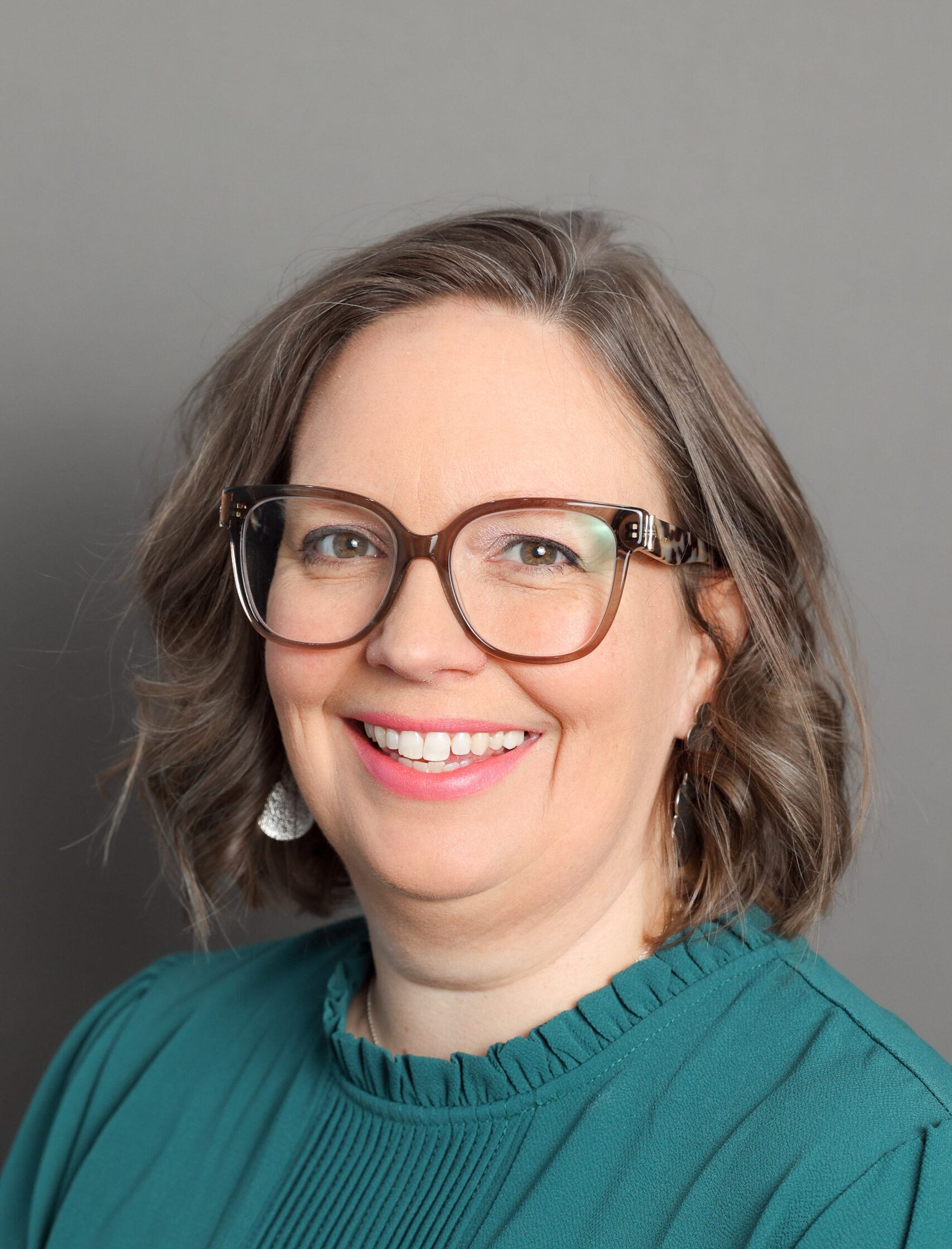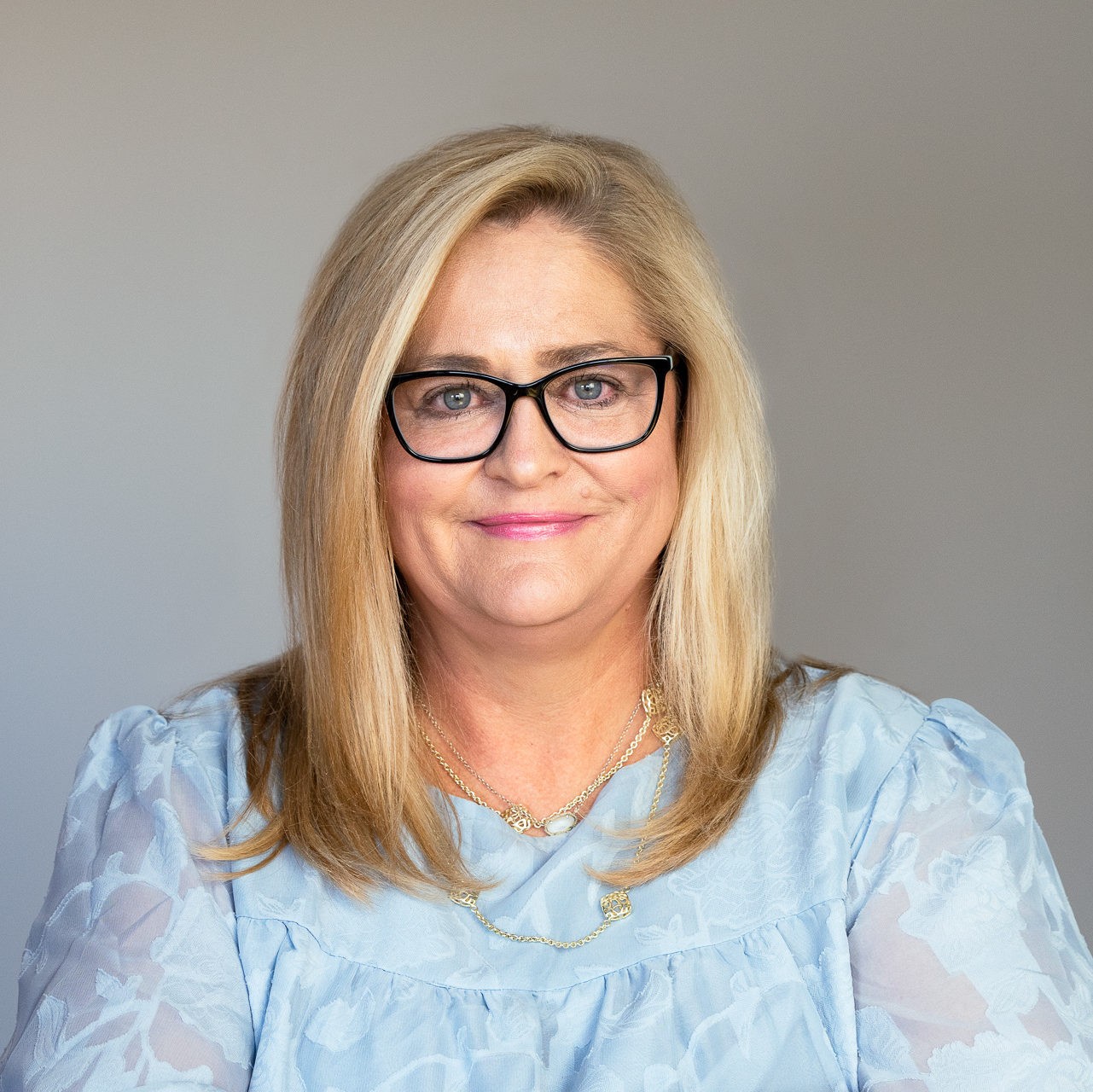The role of faith-based organizations in disaster recovery

Faith-based organizations (FBOs) play a vital role in disaster relief, response and recovery. For many individuals, faith leaders and their houses of worship or social service branches are the first places they turn for comfort and assistance, and it is the first place they think of when they want to donate their money or time to help others after a disaster.
I (Cari) will never forget standing by the fence outside Plaza Towers Elementary School in Moore, Oklahoma, after the 2013 tornado. The fence, covered with t-shirts and banners from faith-based volunteer groups from all over the world, was a reminder of the compassion and importance of these groups in times of disaster.
For many, disaster events move us to consider the divine, and question the nature of the world and what brings meaning a purpose. There is a sacredness to being in communities as they recover from disaster and beauty in those who give their time, talent and money as an outpouring of their faith. As a person of faith, this moment in 2013 solidified my belief that faith-based groups belong in the post-disaster space. Since that time, I have seen FBOs do great good and great harm; and have come to understand better the role of these groups and individuals in disaster recovery and how and when to support them.
And I (Sally) have lived in Oklahoma and Texas most of my life – both states prone to disasters of all types – and I have often witnessed the importance of faith connections in times of celebration and particularly in times of sadness and challenge. It makes sense that those affected by the chaos and trauma of disasters would also turn to their faith and the structures and leaders associated with guiding it as places and people to trust to help recover and heal.
As we consider ways to reach those most in need of resources after a disaster, finding them through their own trusted faith-based organizations is often critical to providing an equitable and fair recovery. It is essential to consider local faith groups providing services as we make our funding decisions and those larger regional or national groups formed around a common faith to serve communities through disasters.
Types of FBOs
- Local houses of worship (churches, mosques, synagogues, temples). These groups may or may not be affiliated with a larger body like a denomination; they are led by individuals and boards committed to their particular faith and their particular community. They come in all shapes, sizes and flavors.
- Social ministry arms of denominations or religions. Some examples are Catholic Charities, United Methodist Committee on Relief (UMCOR), Islamic Relief and Jewish Coalition for Relief (JCR). These groups are affiliated with a particular faith, but leadership and individual staff may or may not be directly involved in a local house of worship. For many, disaster response is a portion of the broader organizational work, including other social services.
- Nonprofits with faith-based values. For example, Buddist Tzu Chi, ICNA Relief, Church World Service and other social service organizations and local nonprofits have a faith tradition that often guides their work.
- Nonprofit faith networks. These groups are likely more local or regional, but communities of churches, mosques or synagogues often join together to support recovery.
What do FBOs do after a disaster?
- Meet basic needs. Mosques, synagogues and churches are often the gathering sites for food, water and other basic needs distribution in their communities.
- Organize and participate in community-led long-term recovery groups. They might act as the host site for meetings and gatherings or even as the fiscal agent for these collaborative groups.
- Mobilize volunteers. Serving is a pillar of most faiths, so accessing their internal congregations to rally community volunteers is often a part of their work in disasters. From collecting and distributing donated products to doing the actual rebuild work, faith-based volunteers are often crucial to a successful recovery.
- Offer spiritual care. We know that disasters inflict trauma on those affected by them. A trusted listener and care are often critical to calming fears and providing relief to those experiencing challenges. A CDP grantee partner shared her experience with appropriate spiritual care in her blog: Nine “First” Things to Know about Emotional and Spiritual Care Following Disasters
What do FBOs need from funders after a disaster?
- Inclusion – We must understand that they are vital anchor institutions in their communities and are often the trusted, local point of entry or engagement there. We can include them in conversations, rely on their expertise and support them in their relief and recovery efforts.
- Accountability – Some groups blur the line between extending a compassionate, helpful hand and attempting to bring others into their specific faith or advancing their ideology. In some cases, it is possible to work alongside these groups and provide training and resources on appropriate trauma-informed approaches to spiritual and emotional care. Other groups are committed to proselytizing or have discriminatory or racist practices or core beliefs. We strongly advocate avoiding these groups for several reasons, not the least of which is the emotional and spiritual harm they perpetrate on individuals and households. Doing your research as a funder and understanding what motivates particular groups and how those motivations manifest in how they carry out their business is extremely important.
- Acknowledgment – Because of their history, cultural alignment and capacity, no one FBO can respond to the whole community’s needs.
How CDP supports FBOs in the U.S.
Through the CDP Hurricane Harvey Recovery Fund, we granted to Houston Responds, an organization that works to network local church coalitions to harness the power of the faith community to serve in disaster response and recovery. Through this relationship, we also funded a few of their network partners, including 4B Disaster Response Network, which is geographically focused “from the Beltway to the Beach to Brazoria County to the Bay.” This is a broad area of Southeast Texas with diverse church populations all dedicated to serving in and supporting their communities’ resilience.
Through our funding, we helped build the organizational capacity of these organizations, and they are still working today in response to disasters that have affected Texas. Houston Responds has also spread their work into other regions, beyond the Houston metro and even into Southwest Louisiana. And CDP has continued to support their networking development through subsequent disasters as we recognize the power of networked and coordinated faith response in local community recovery.
Following the multiple hurricanes that moved from the Gulf Coast up into the northeastern U.S. in 2020, we worked with the Episcopal Diocese of Western Louisiana and the Pennsylvania Southeast Conference of United Church of Christ to act as coordinating partners and fiscal agents for the local long-term recovery groups working in each area. These faith-based leaders help provide credibility for the work of the community leaders and local organizations working together to support disaster recovery.
There are also several national faith-based organizations with which we’ve partnered and supported who work throughout the U.S. in disaster recovery. Many of these groups bring skilled volunteers together to coordinate home repair or rebuild efforts (e.g., Mennonite Disaster Service or Nechama – Jewish Response to Disaster). Or they work with local organizational chapters to bring expertise to support disaster case management and other recovery activities (e.g., UMCOR, Catholic Charities, Lutheran Disaster Response or World Renew).
The Midwest Early Recovery Fund funded Project Resilient Hope and the work of Crisis Care Ministries to provide training and spiritual care for clergy and faith leaders throughout Oklahoma following the 2019 flooding. A video highlights previous work by these faith leaders as they responded to wildfires in western Oklahoma.
Wambli Ska and Woyatan Lutheran Church, a Native American-led nonprofit in Rapid City, South Dakota, have received funding from CDP’s Native American and Tribal Communities Recovery Program. While assisting their relatives as they recover from layered disaster events, including COVID-19, Wambli Ska utilized traditional, cultural ceremonies including Inipi (Lakota Sweat Lodge), drum circles, dance and sage smudging, and Lakota Prayer.
Understanding and supporting the role of FBOs is essential if we want to support equitable, whole-community disaster recovery efforts. We work to develop funding strategies that include and acknowledge the spiritual and emotional needs of those impacted and is inclusive of religions and cultural norms.

